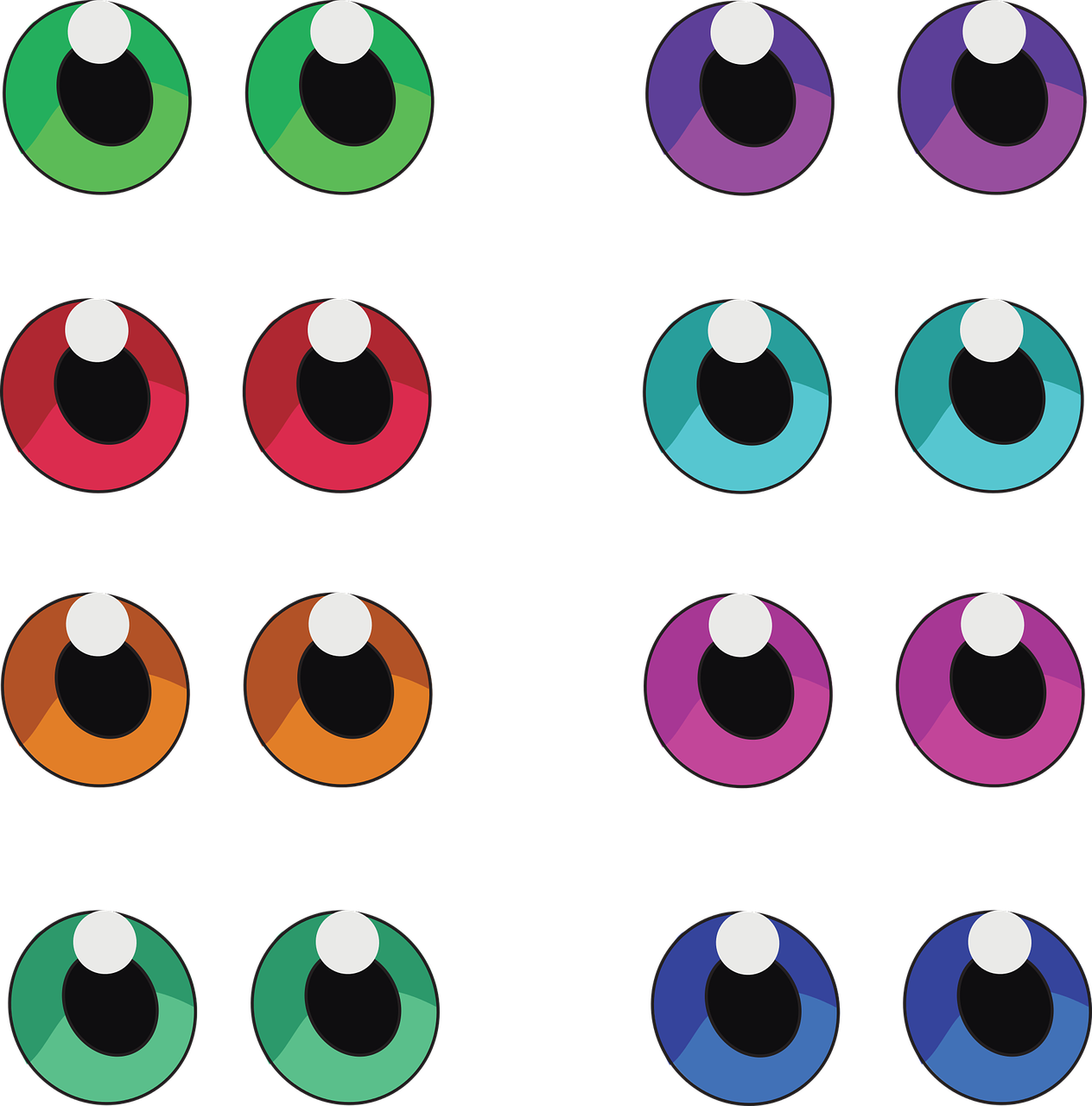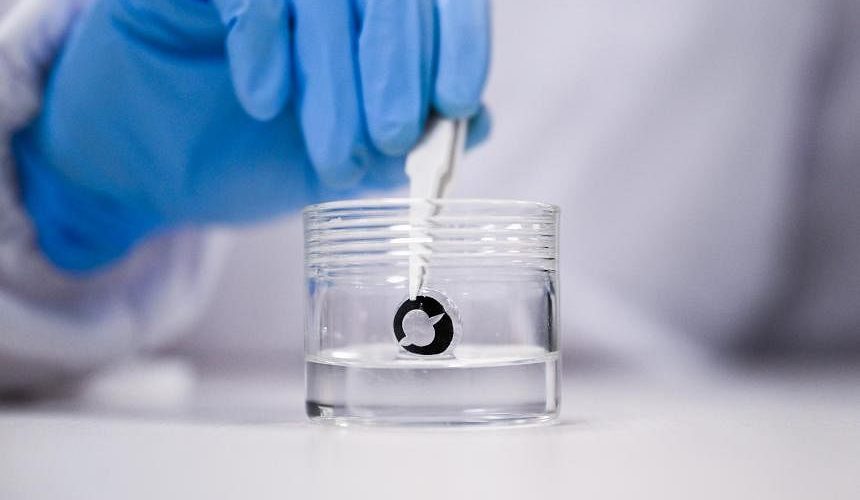
Singapore Scientists Develop Saline-Powered Battery for Smart Contact Lenses
High-tech contact lenses that can film footage and display information to the wearer may soon become a reality, thanks to scientists from Nanyang Technological University (NTU) in Singapore. The team has successfully developed a saline-powered battery that is small enough to fit under a lens, bringing us one step closer to the holy grail of augmented reality.
The flexible battery, as thin as a human cornea, stores electricity when immersed in a special saline solution. Associate Professor Lee Seok Woo, from NTU’s School of Electrical and Electronic Engineering, explained that the battery cells are coated with glucose, which reacts with sodium and chloride ions in the saline solution to generate an electric charge. This innovative technology is similar to the one used in batteries for wearables, which are powered by human perspiration.
To ensure that vision is not obstructed, the contact lens battery is embedded along the sides of a soft lens. Early tests have shown promising results, with the battery able to power a smart lens and continuously send signals to a smartphone via Bluetooth for 12 hours. Additionally, the battery can be charged up to 200 times, and efforts are underway to further enhance its performance.
One of the key challenges in developing smart lenses has been weight and circuitry. However, the design of this new battery overcomes these obstacles, making it possible for daily wear in the future. Moreover, the lens is safe to wear as it does not contain any metals and relies on glucose and water to generate electricity. Tests conducted on mammal cells have demonstrated that the lens is biocompatible and not harmful to humans.
While the team has filed a patent through NTU’s innovation and enterprise arm NTUitive and published their research, it will still be several years before the lens can be tested on humans. Prof. Lee emphasized the importance of safety checks, stating, “The eye is very delicate and we must guarantee safety.”
Despite the remaining hurdles, the team is optimistic about the commercial potential of their invention. They are actively working towards commercializing the smart contact lens and bringing this groundbreaking technology to the market.

